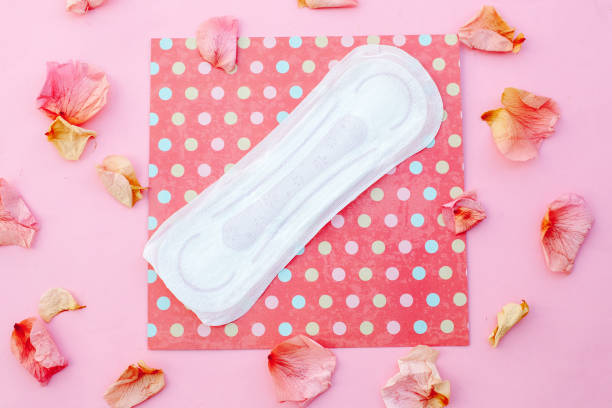WORLD MENSTRUAL HYGIENE DAY: World Menstruation Hygiene Day is an annual awareness day that is marked on May 28 to create awareness about the importance of menstrual hygiene. When it comes to discussion periods, the conversations are generally muted which results in a lack of awareness around the matter. Greater awareness of menstruation from childhood can help promote safe habits, which can further prevent infection and other disorders. Be aware of using the correct menstrual hygiene product, coping with skin problems during periods, and disposing of pads or tampons in the right way.

Menstruation as a Taboo Topic
Menstruation or menstruation practices are still wrapped in taboos and socio-cultural limits, leaving teenage girls unaware of scientific facts and hygienic practices, which can have adverse health repercussions in the long term.
Due to improper practices, a lack of basic cleanliness during menstruation can negatively impact women’s health, since they run the risk of contracting infections and allergies.
There are numerous girls and women who do not use the proper period hygiene products and consequently experience discomfort, skin redness, or pad rash. Still, many women across the nation use unsanitary cloth during their periods. Frequently, women do not know how to properly dispose of sanitary pads and tampons and instead discard them in the open or clog the toilet.
Here are some health-related menstrual hygiene recommendations for women and girls:
Change Sanitary Pads, Tampons or Menstrual Cup Every 04-06 Hours
Menstrual blood attracts numerous organisms from the body, which grow in warm blood and cause discomfort, rashes, and urinary tract infections. By regularly replacing your sanitary napkin or tampon, you can prevent genital infections.
Clean Your Perineal Area Properly
It is crucial to wash your vagina since bacteria adhere to your body after you remove your sanitary napkin. Most people improperly wash their perineum. From the vagina to the anus, not the other way around. Transferring germs from the anus to the vagina or urethral entrance is possible if you move your hands from the anus to the vagina.
Avoid Cleaning The Perineal Area With Harsh Soap or Cleaning Products
While incorporating vaginal hygiene products into your routine is advantageous, using them during your period may pose issues. Vaginas have a cleansing system that operates throughout menstrual cycles; these artificial hygiene products may interfere with this natural process, leading to infections and excessive growth of harmful germs.
Dispose Of The Sanitary Napkins & Tampons Properly
Tampons and feminine hygiene products must be disposed of properly. Wrap them properly before discarding them to prevent the spread of germs and diseases. They should not be flushed, as doing so will spread bacteria everywhere. Since you are likely to come into contact with the dirty area when wrapping old tampons and sanitary napkins, it is essential to wash your hands completely after disposal.
Switch To Menstrual Cups
If you are comfortable inserting menstrual cups, you should switch to using them. It is inexpensive, safe, sanitary, and reusable (every month for up to 2-10 years depending upon the usage, brand & care). Determine the required cup size from your gynecologist and begin.












